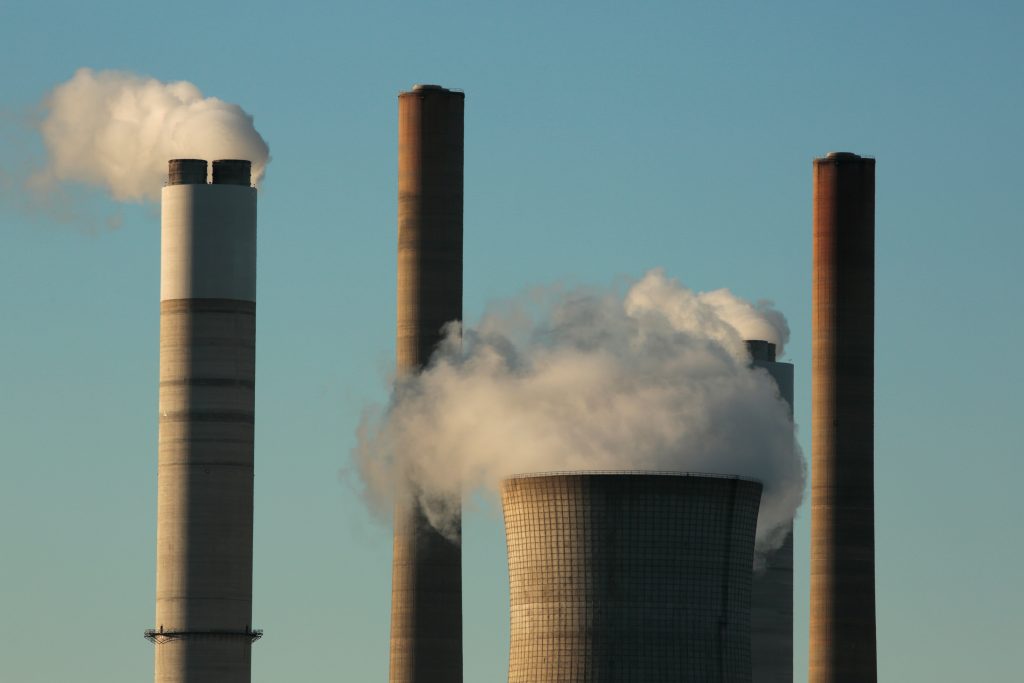U.S. EPA Proposes Updates to Greenhouse Gas Emissions Reporting Requirements for the Oil and Gas Sector

Revisions to EPA’s Greenhouse Gas Reporting Program required by President Biden’s Inflation Reduction Act would improve accuracy of the sector’s reported methane emissions, one of the major drivers of climate change
The U.S. Environmental Protection Agency (EPA) issued a proposal to amend reporting requirements for petroleum and natural gas systems under EPA’s Greenhouse Gas Reporting Program. The proposed revisions would improve the accuracy of reported emissions of greenhouse gases, including methane, one of the primary drivers of the climate crisis, from applicable petroleum and natural gas facilities, consistent with the Methane Emissions Reduction Program under the Inflation Reduction Act.
“The Biden-Harris Administration is moving urgently to reduce climate pollution, and EPA is working to ensure science leads the way with the most accurate emissions data possible,” said Joseph Goffman, Principal Deputy Assistant Administrator for EPA’s Office of Air and Radiation. “The proposed revisions to EPA’s Greenhouse Gas Reporting Program will leverage advancements in technology to produce high-quality, long-term data for emitters, contributing important insights into emissions trends as we work to protect people and the planet.”
See related article: U.S. EPA and U.S. DOE to Provide More than $1 Billion to Reduce Methane Emissions from Oil and Gas Sector
EPA’s proposed amendments to subpart W of the GHG reporting program would address gaps in the total methane emissions reported by facilities by adding several new covered sources such as “other large release events,” which would capture abnormal methane emission events that are not fully accounted for using existing methods. These changes to address gaps in emissions reporting will improve and advance a key program that underpins President Biden’s ambitious climate agenda.
The amendments would also add new or revise existing calculation methodologies to improve the accuracy of reported emissions data for methane and other greenhouse gases and incorporate additional empirical data; include the use of new technologies such as remote sensing for quantifying emissions from other large release events; and collect data at a more granular level to improve verification and transparency of the data collected. In addition, EPA is proposing determinations to establish whether data submitted to the Agency under the proposed revisions would be entitled to confidential treatment.
EPA is proposing that most revisions would become effective on January 1, 2025, and that reporters would implement most of the changes beginning with reports prepared for the 2025 reporting year and submitted by March 31, 2026. EPA will take comment on these proposals for 60 days after publication in the Federal Register.












